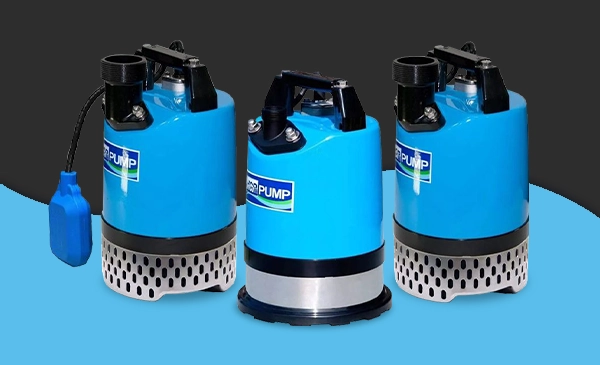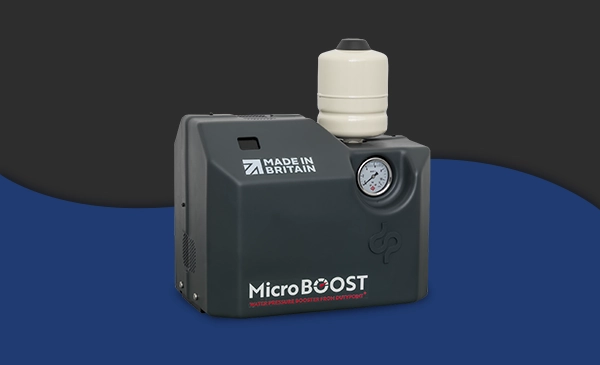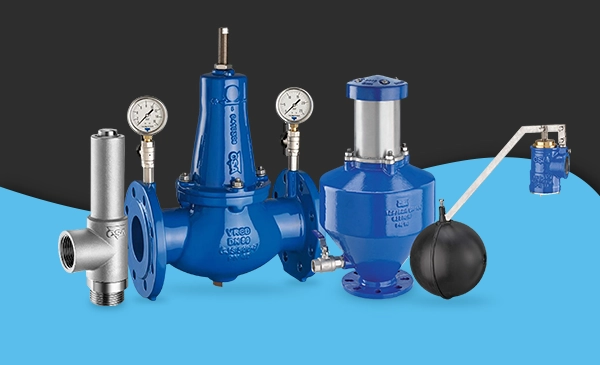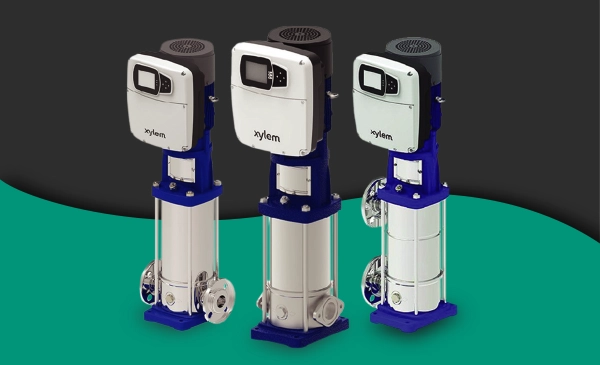Initial Checks to make on a Boiler
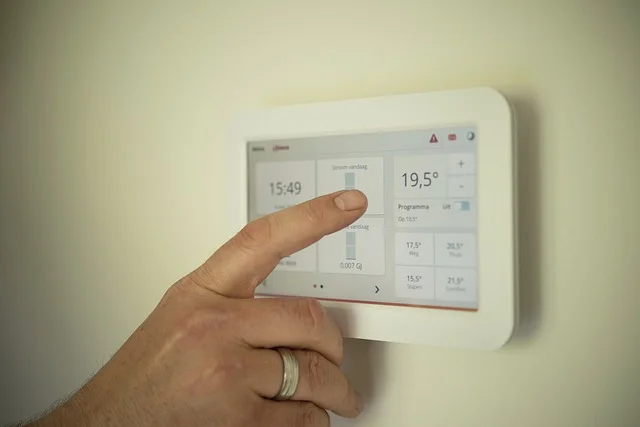
Following on from our previous post, we advised that when moving into dated property, it is important to check that the heating system is up to scratch. However, checking your boiler is a vital task when purchasing any home – ensuring you are not faced with any large bills you’re unable to afford. In this post we look at of the information we believe you should make note of about your boiler.
Where is it?
First and foremost, you will need to determine your boiler’s location. Not only this but the water tank and stop cock too if you have a conventional boiler.
Determine what type of boiler you have
The majority of boilers in UK homes are combi boilers which do not require a water cylinder or storage tank. They provide hot water instantly but using too many taps at once may cause lower pressure.
System boilers use a water cylinder but not a water storage tank. They are known as sealed systems and if this is the system you will be keeping, you may want to invest in a pressurisation unit to maintain pressure and replace any water lost through system leakage. System boilers will allow you to source hot water from various taps at once, though you will only be able to access the amount of hot water within the cylinder before it needs to refill.
As mentioned, conventional boilers require both a water cylinder and storage tank. These boilers are found mostly in larger properties, as huge amounts of hot water can be accessed at once, though like in sealed systems, the supply can take a long time to replenish once it has ran out.
The make and model
You would need to know this information if there are any issues, or you would like to purchase insurance.
The age and condition
You can check the age of your boiler by looking for the serial number. If your boiler appears to be over 10 years old, you may want to consider replacing it as it may be producing carbon monoxide emissions along with running inefficiently. It is highly recommended that you install carbon monoxide detectors in your home as a priority task to ensure a safely running boiler.
Assess the condition of your boiler by looking for any signs of rust, any leakage, damp around the boiler or dirt in the buttons or dials.
Energy efficiency
The European label introduced in 2015 meant that all modern boilers would be given an efficiency rating, with most scoring an ‘A’. If your boiler is an older, more inefficient model, replacing this would be a big investment costing somewhere in the region of £2000, however, the purchase would more than pay for itself in savings over time and would be much more environmentally friendly.
Has it been serviced?
If your boiler has been serviced in the last 12 months, there is no rush in booking in another. However, if the model is older or there is no history there, it is important to have the boiler serviced by a Gas Safe registered engineer as soon as you can.
Is the boiler under guarantee or warranty?
If it is, ensure you have all of the details you need in case you do encounter a problem. If it is past warranty or guarantee, you may be inclined to purchase boiler insurance. Though check with your home insurance first that the boiler is not something that is already covered.




